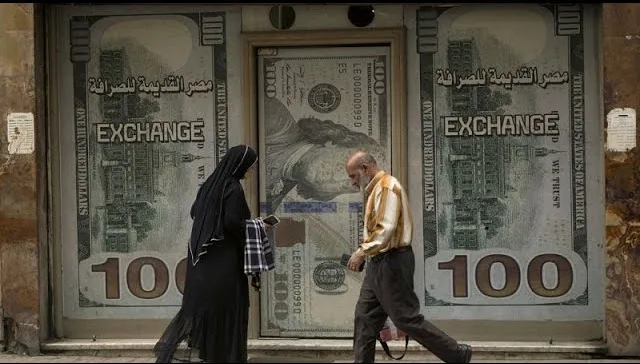Expanded deal includes free trade of Egyptian pound and sustainability loan
In a significant development for its economy, Egypt has inked an $8 billion deal with the International Monetary Fund (IMF), signalling a major step forward in the country’s financial reform efforts. Announced by Prime Minister Mostafa Madbouly, this agreement expands upon a previous $3 billion arrangement established in December 2022, aimed at transitioning Egypt towards a more flexible exchange rate system.
This pivotal deal arrives as Egypt’s central bank commits to allowing the Egyptian pound to float freely, complemented by a substantial interest rate hike of 600 basis points, underscoring efforts to stabilize the nation’s economy amidst various challenges.
A notable facet of this new agreement is the inclusion of a separate $1.2 billion loan dedicated to promoting environmental sustainability, marking a dual focus on economic reform and ecological responsibility. This move is part of Egypt’s broader strategy to enhance its financial stability and attract more investment by adhering to international standards and practices.
The commitment to a freely traded currency and the pursuit of a substantial divestiture from state-owned assets towards private sector enhancement had encountered hurdles, leading to the stalling of the initial IMF program. However, recent decisions by Egypt’s central bank indicate a resolute step towards meeting IMF conditions, particularly the demand for a flexible exchange rate, a key element that economists view as crucial for securing IMF support.
Additionally, the announcement follows closely on the heels of a separate $35 billion investment agreement with the Emirati sovereign wealth fund ADQ, demonstrating Egypt’s aggressive approach to revitalizing its economy through both international support and direct investment.
Egypt’s economic landscape has been fraught with challenges, including the impacts of government austerity measures, the COVID-19 pandemic, the ongoing conflict in Ukraine, and the recent war in Gaza. These factors have exerted considerable pressure on the Egyptian economy, necessitating robust measures to ensure its recovery and growth.
The IMF agreement not only signifies a vital influx of funds but also represents a vote of confidence in Egypt’s economic reform agenda. By addressing key issues such as currency flexibility and environmental sustainability, Egypt aims to foster a more stable, attractive environment for investment, essential for its long-term economic health and prosperity.
